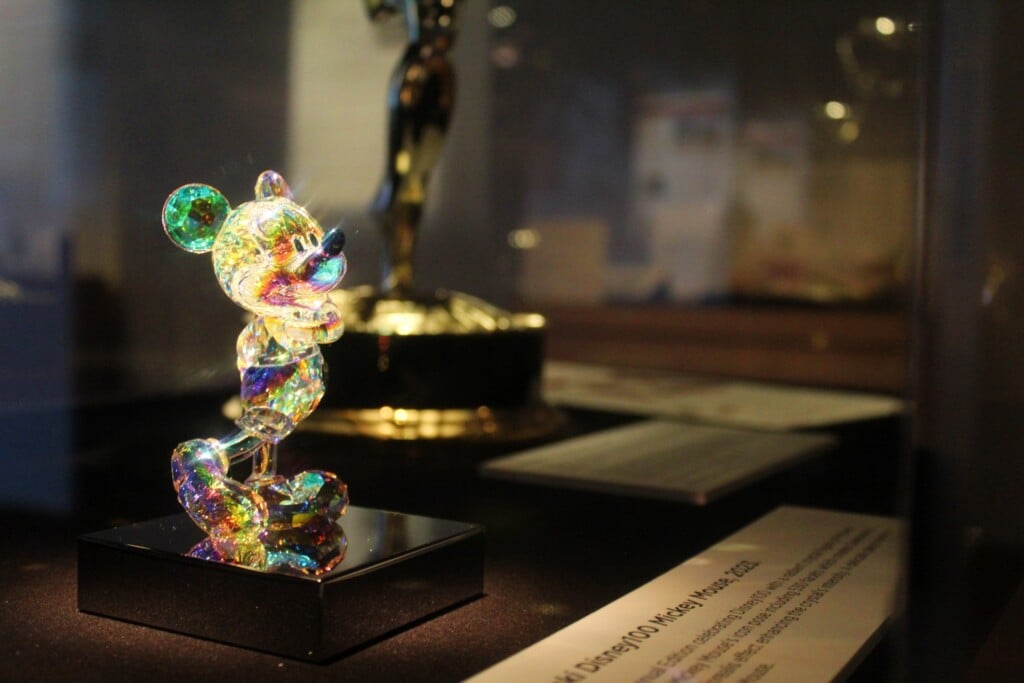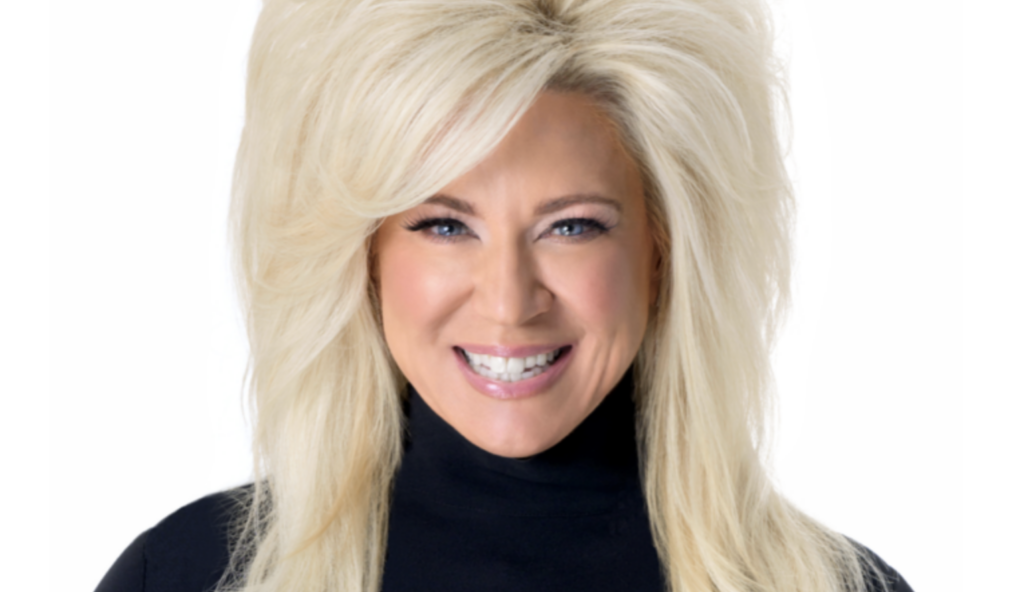Table Manners
At the last good dinner party I attended, the guests alternately took whacks at the bumbling Democratic Party and Hilary Swank. It was lively, yet tasteful — a far cry from a dinner party a couple of years ago where I was getting a lap dance by the umpteenth bottle of wine. A dinner party can be a great leveler: One moment, talk rolls along eloquently; then, with the turn of a phrase, the meal turns freakish. So things felt familiar at the smart, inventive Omnium Gatherum at the Unicorn Theatre, which unfolds over several occasionally bizarre courses of a dinner party at which the guests deliver sound bites as varied as the culinary value of rhubarb and how the world hates Jews. It’s both a biting comedy and a topical think piece that has parallels in Dante, Lewis Carroll and the latest issue of Martha Stewart Living. There may not be a lot of action, but what action does take place is choice.
The play is written in provocative language by Theresa Rebeck and Alexandra Gersten-Vassilaros. The first image is that of an oblong table (which, coincidentally or not, resembles the one depicted in Leonardo da Vinci’s “The Last Supper”) and the abstract chandelier hanging above it that could have been designed by Dale Chihuly. Atif Rome’s surrounding set is part Jetsons and part nightclub, including an oddly placed door that opens on a smoky pit and closes with the sucking sound of something foreboding or terminal. The table itself is more styled than set, thanks to the neurotically focused hostess, Suzie (Kathleen Warfel), whose acumen in the domestic arts is obviously modeled on recent jailbird Stewart.
Suzie has gathered a potentially combustible group of guests who, in reality, evoke too many clashing emotions for any hostess to bear. She’s mildly flirtatious with Roger (Herman Johansen), a Tom Clancy-like conservative novelist, and a bit amused by the British snob Terence (Antony Ferguson). Suzie’s first glitch is Lydia (Melinda McCrary), an unabashed liberal and unapologetic vegan. More manageable are Julia (Melanna Gray), a well-to-do but tone-deaf writer; Jeff (Rusty Sneary), a socially crude firefighter with a healthy appetite; and Khalid (Dale Westgaard), an intense intellectual of vague Arabic origin.
For a while, the dinner goes smashingly; the conversation is stimulating and the mood convivial. There’s a familiar, medium-cool rhythm to the party that the writers set up, the actors confidently sell and director Sidonie Garrett keeps fresh and prickly. The first sign that something is askew comes when fine dust particles rain down on Khalid’s head while we hear the sharp whipping sound of a nearby helicopter’s blades. Something dreadful hangs in the air as the chatter grows more heated.
The play is unmistakably of the post-9/11 school of theater writing. The attacks of that day are subtly mentioned at first, then made more vivid through a monologue by the firefighter and the arrival of a new party guest (Richard Stubblefield) a half-hour before the final curtain. Like a Steven Spielberg movie, the play could end about a dozen times before it finally concludes. Given the technically impressive and emotionally resonant shock of the last few seconds, though, I was grateful the writers teased it out the way they did.
Watching people sit around and eat dinner could be mortally wounding to directors less skilled than Garrett. The play naturally has to have some scenes like that, but when the actors are compelled to react to something, Garrett’s instincts are terrific; the cast beautifully moves as one perfectly greased machine. (Unlike many shows I see, this one appears to have been very well rehearsed.) To a person, the actors convincingly enliven their characters. But I was most impressed with Warfel, who finds in Suzie’s perfectionism toxic levels of narcissism, and McCrary, who keenly reveals that Lydia’s countercultural hierarchy of needs is no less primal than that of an ox.
Postscript: A packed house watched eleven contestants get pared down to eight at last Monday’s kickoff of Bar Natasha’s American Idol-like search for a new cabaret artist. Songs made famous by Ray Charles, Judy Garland and everyone who’d ever done Chicago prompted civilized debate among the four judges — including this writer and Pitch colleague Charles Ferruzza.
Missy Koonce, performing MC duties with wit and loving sarcasm, softened the humiliation of the performers who failed to find their pitch — or found it in songs ill-suited to a cabaret space, such as a boring Alicia Keys number. Bruce Burstert’s rich baritone on “Oh, What a Beautiful Mornin'” from Oklahoma, Bob Kohler’s exuberant “Razzle Dazzle” from Chicago, and Philadelphia native Cynthia Van Roden’s vampy Eubie Blake song helped all three advance in the competition, which continues every Monday in March at Bar Natasha, 1911 Main.
That same night, the founding members of the Kansas City Actors Theatre gathered three blocks south of Bar Natasha at Union Station to toast the city’s newest theater company. More than 200 people mingled with such KCAT members as Elizabeth Robbins, Gary Holcombe and Walter Coppage to hear the group’s ambitious plan for a new theater poised somewhere between the Kansas City Rep and the Unicorn. Says Robbins, “We had no idea the turnout was going to be as good as it was.”
Auditions for the KCAT’s first production, Martin McDonagh’s dark yet sweet The Cripple of Inishmaan, will take place at 5 p.m. Monday, March 21, at City Stage Theatre at Union Station.




